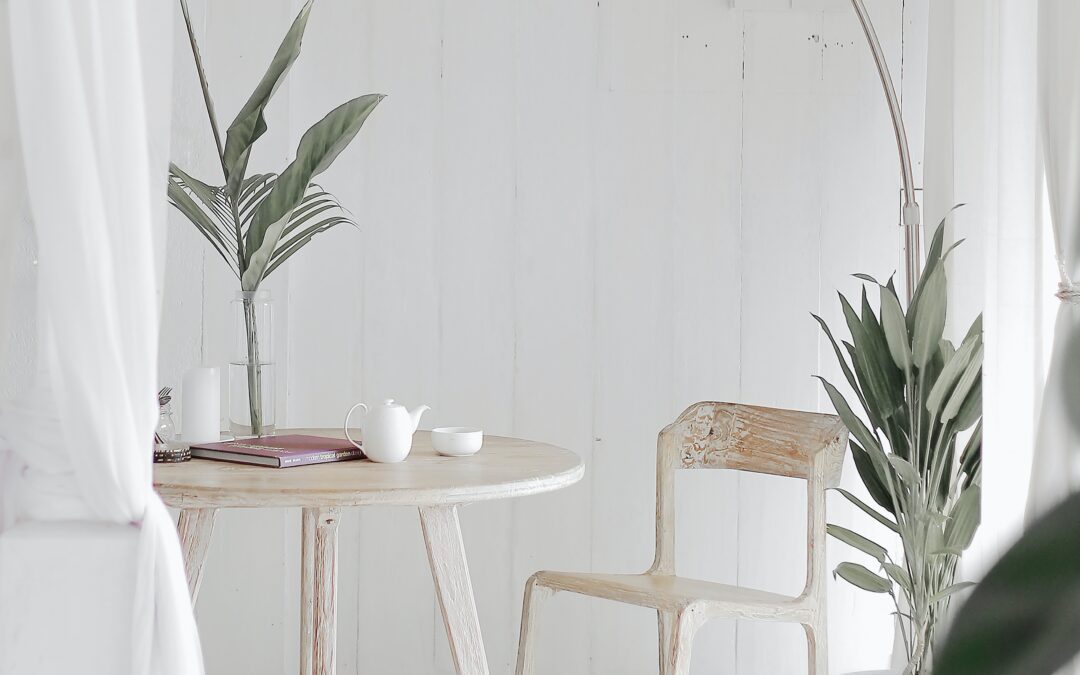Have you ever walked into a cluttered room and immediately felt overwhelmed? Or maybe you’ve entered a clean, organized space and felt a sense of calm wash over you. It’s no secret that our environment affects our mood and mental health, and interior design plays a crucial role in creating spaces that promote well-being. Organization is a key component of a healthy interior design that can have a significant impact on our
mental state.
When we talk about organization in interior design, we’re referring to the arrangement of objects, furniture, and other elements in a space. An organized room is one where everything has a place and is in that place. It’s free of clutter, and everything is easy to find and access. In contrast, a disorganized space is one where objects are scattered around, and there’s no clear sense of order or purpose. When we’re surrounded by
chaos, it can be challenging to focus and feel at ease. This is where organization comes in.
The benefits of an organized space extend beyond just visual appeal.
Research has shown that living in a clean, organized environment can have a positive impact on our mental health. For example, a study published in the Journal of Environmental Psychology found that people who lived in cluttered homes were more likely to experience depression and anxiety than those who lived in clean, organized spaces. Another study conducted by Princeton University found that a cluttered environment can affect our ability to focus and process information.
How does organization in interior design contribute to better mental health?
For starters, an organized space can reduce stress levels. When everything has a place and is easy to find, we don’t have to waste time and energy searching for things. This can lead to a sense of calm and control, which can help us feel more relaxed and less anxious. Additionally, an organized space can boost productivity. When we’re not distracted by clutter and chaos, we can focus better on the task at hand and get more done in less time.
Another way organization can impact mental health is by promoting a sense of order and stability. When our surroundings are organized, it can help us feel more in control of our lives. This can be especially important for people who struggle with anxiety or OCD, as a well-organized space can provide a sense of predictability and structure. Additionally, an organized space can help us feel more satisfied with our lives. When
we’re surrounded by things we love and enjoy, we’re more likely to feel content and fulfilled.
What are some practical ways to incorporate organization into your interior design?
One simple way is to declutter regularly. Set aside time each month to go through your belongings and get rid of anything you no longer need or use. Another tip is to invest in storage solutions that help keep things organized. This could mean buying baskets or bins to corral loose items or installing shelves and cabinets to keep things out of sight.
Ultimately, the connection between organization and mental health in interior design is a powerful one. By creating spaces that are clean, organized, and free of clutter, we can promote a sense of calm, control, and productivity. If you’re feeling overwhelmed or stressed out by your environment, take some time to declutter and organize your space. Your mental health will thank you.



 Schedule An Appointment
Schedule An Appointment